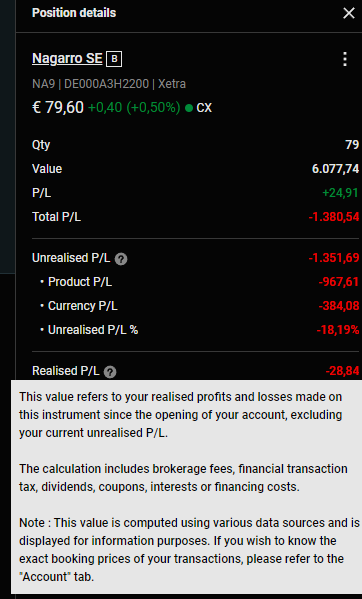I have to disagree here.
First, the quoting currency of an asset is irrelevant. If you have enough CHF to buy 1kg of gold, you can exchange it to EUR or USD before buying, you will still own … 1kg of gold.
Second, hedging that fully irrelevant quoting currency is not logically sound. There might be some correlation for the value of a company and the value of a unit of currency. But this correlation is not very high.
Third, instead of buying a hedged ETF, you can buy an ETF and some FX futures. The result is the same. Trading FX futures can make some money. But the expected return for buy and hold is 0 (minus expenses).
So why would you buy this long-short product? You hold neither side in your portfolio. Can you perhaps predict the future better than others?
What would make logical sense, is to hedge your future expenses in CHF against the return of your portfolio. So long CHF short portfolio. You could do so with a combination of futures.
For eliminating the risk of your portfolio you also eliminate its return and gain the security of CHF with the return of CHF. Just sell your portfolio and hold (bond laddered) CHF. The result is the same.
